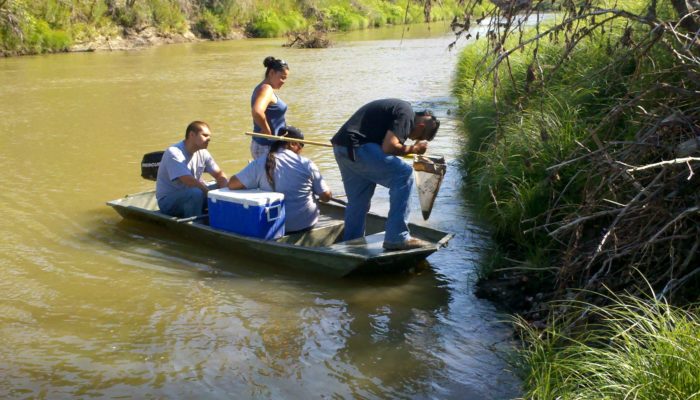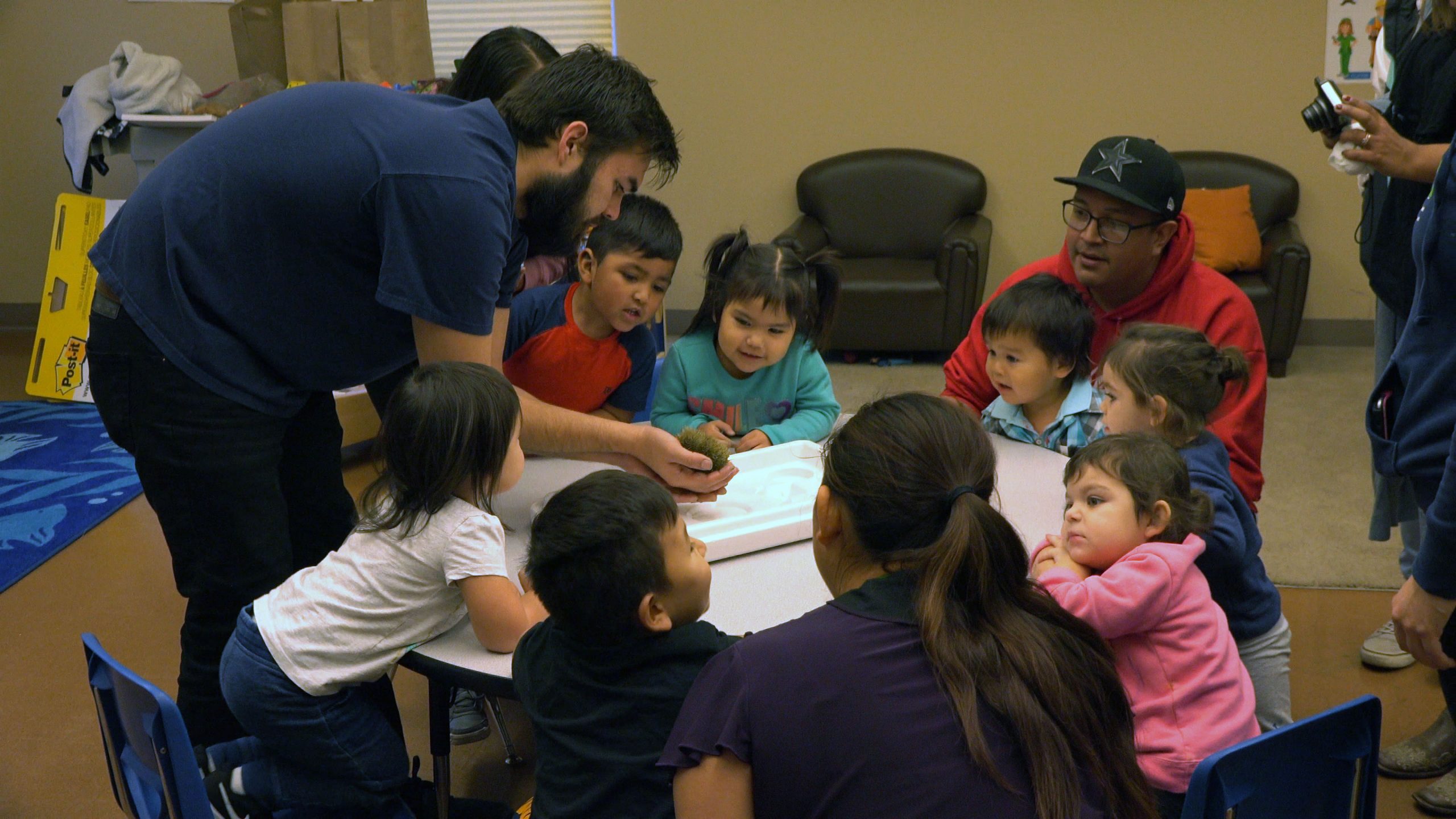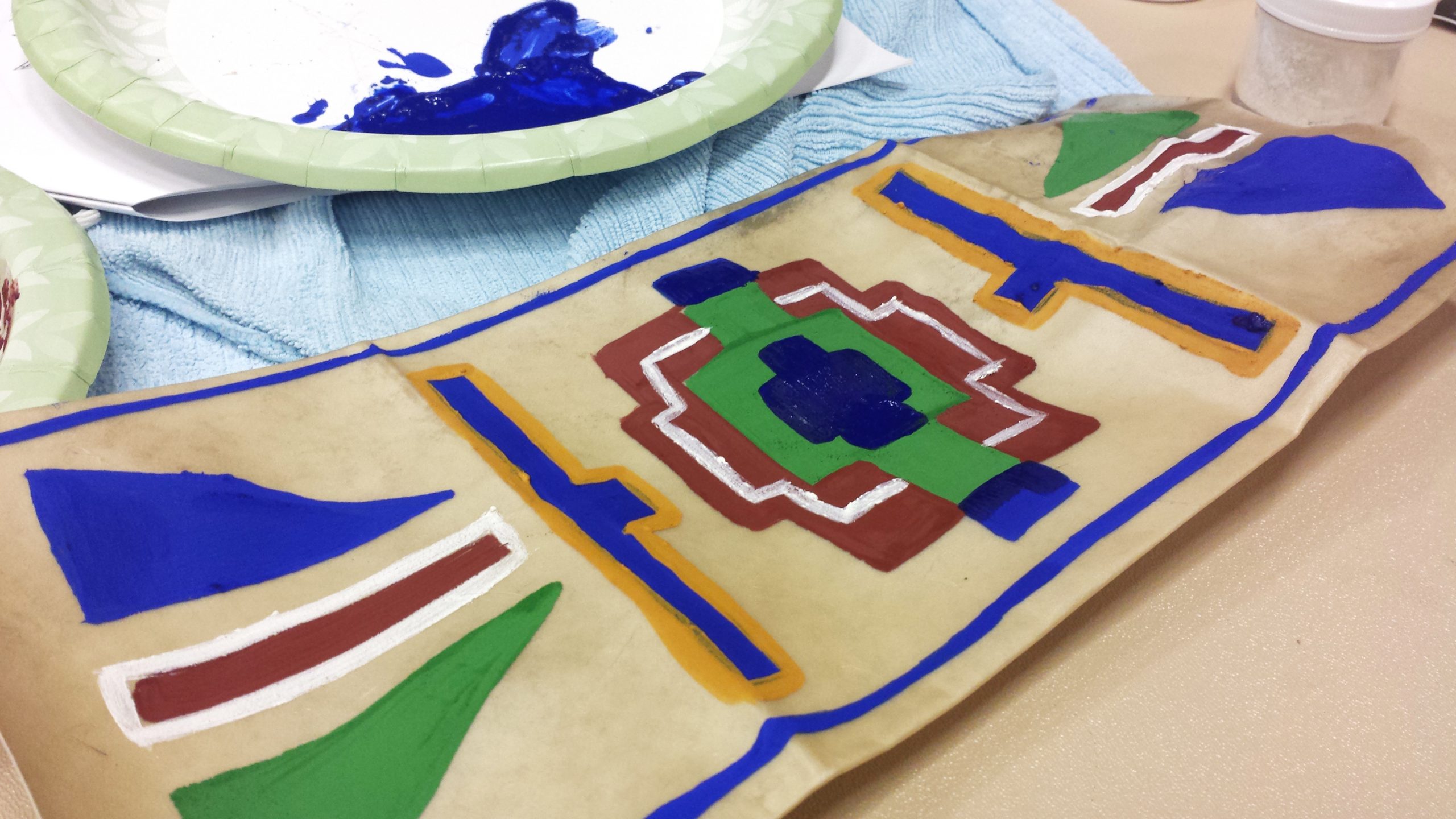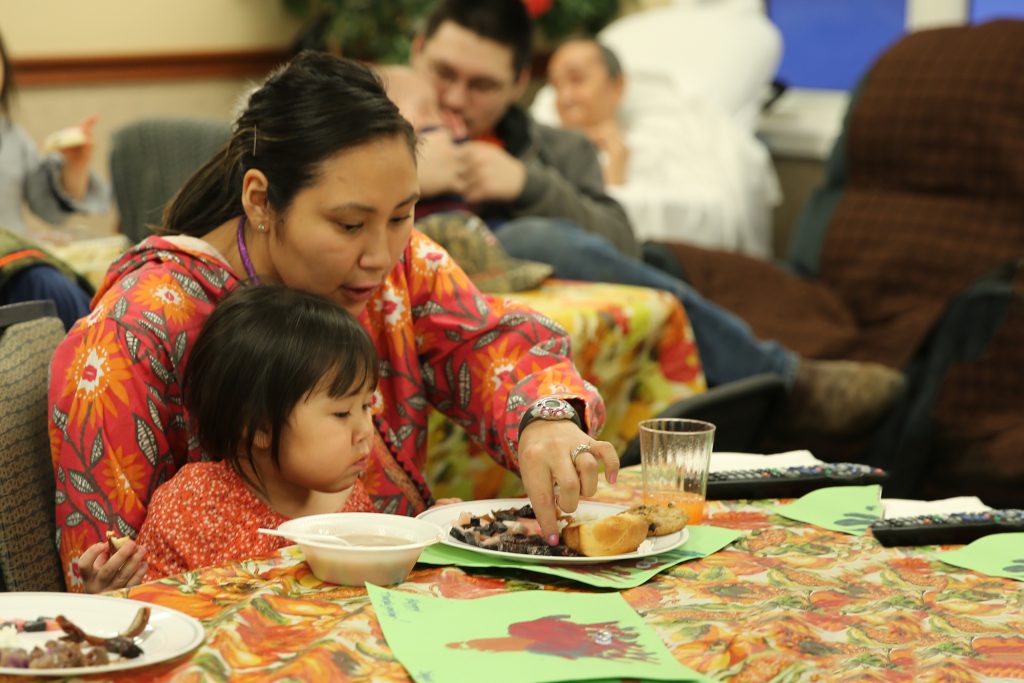Strategic Planning and Building
TCU ECE Family Engagement
2020 – 2021
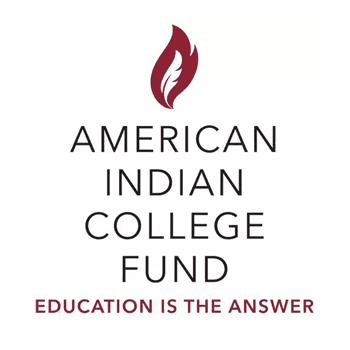
About The Program
The Strategic Planning and Building TCU ECE Family Engagement program involved a $200,000 grant that supported 7 TCUs with family engagement during the COVID-19 pandemic, as well as supported the development of a strategic plan for the next 1, 4, and 7 years of the American Indian College Fund’s Indigenous Early Childhood Education (IECE) programming.
TCU grantees demonstrated that the funding supported families and children during the pandemic through several family engagement activities:
- Virtual story time facilitated by community elders
- Trapping and harvesting demonstrations
- Crafting activities such as beading mask holders
- Cooking meals together
- Virtual workshops such as budgeting and couponing for parents
Grantees also used the funding to cover the cost of winter coats for children, gift cards for families’ emergent needs, and wellness and learning packages. The program also offered webinars to the TCUs on family engagement and faculty wellness.
The IECE strategic planning process recognized the changing social and economic landscape in our place-based institutions and the value of continued support of lifelong, intergenerational learning in tribal communities. Native families, children, and ECE teachers and students play a vital role in all of this. The College Fund’s IECE strategic plan was developed through consultants, and interviews were conducted with 19 TCUs, Early Childhood Education (ECE) funders, and College Fund Board members and staff.
The Strategic Planning and Building TCU ECE Family Engagement program was followed by a $100,000 food security grant to support Native families’ food needs. Families were given gift cards for groceries, distributed by the ECE programs of 26 TCUs.
Program Gallery

Grantees

Fond du Lac Tribal and Community College
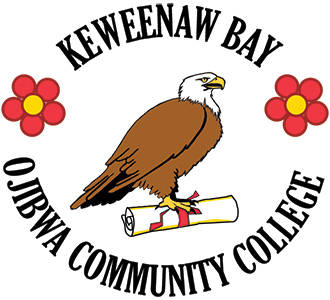
Keweenaw Bay Ojibwa Community College

Little Big Horn College

Northwest Indian College
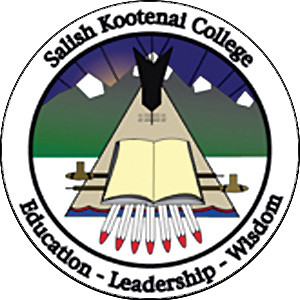
Salish Kootenai College
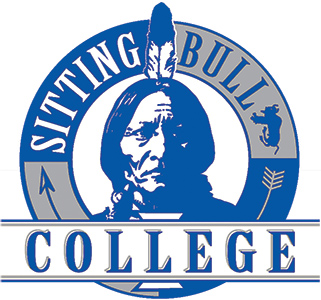
Sitting Bull College
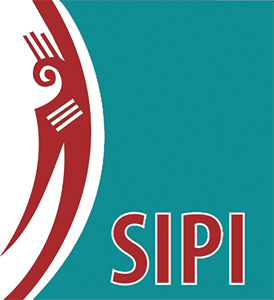
Southwestern Indian Polytechnic Institute
Related Blogs
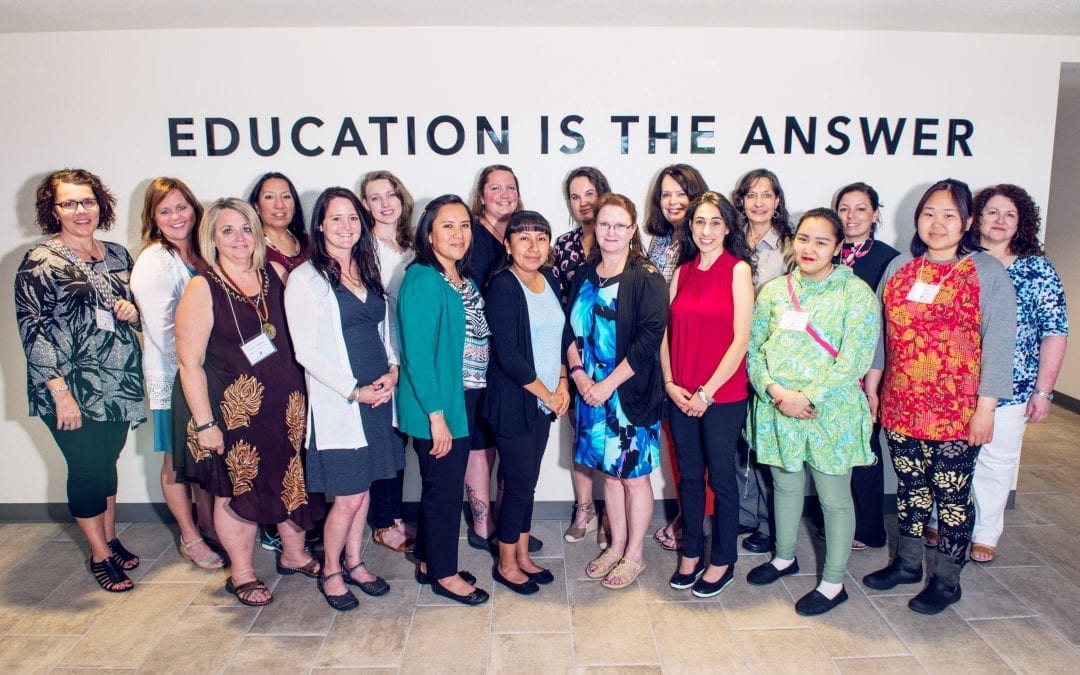
Restorative Teachings: Embracing our Frameworks to Change the World
As we do more, we have to train others to take on more. These were the opening words of Tarajean Yazzie-Mintz, Vice President of Program Initiatives and Director of Early Childhood Education Initiatives at the American Indian College Fund’s 2017 Restorative Teachings Early Childhood Education convene in Denver, Colorado.
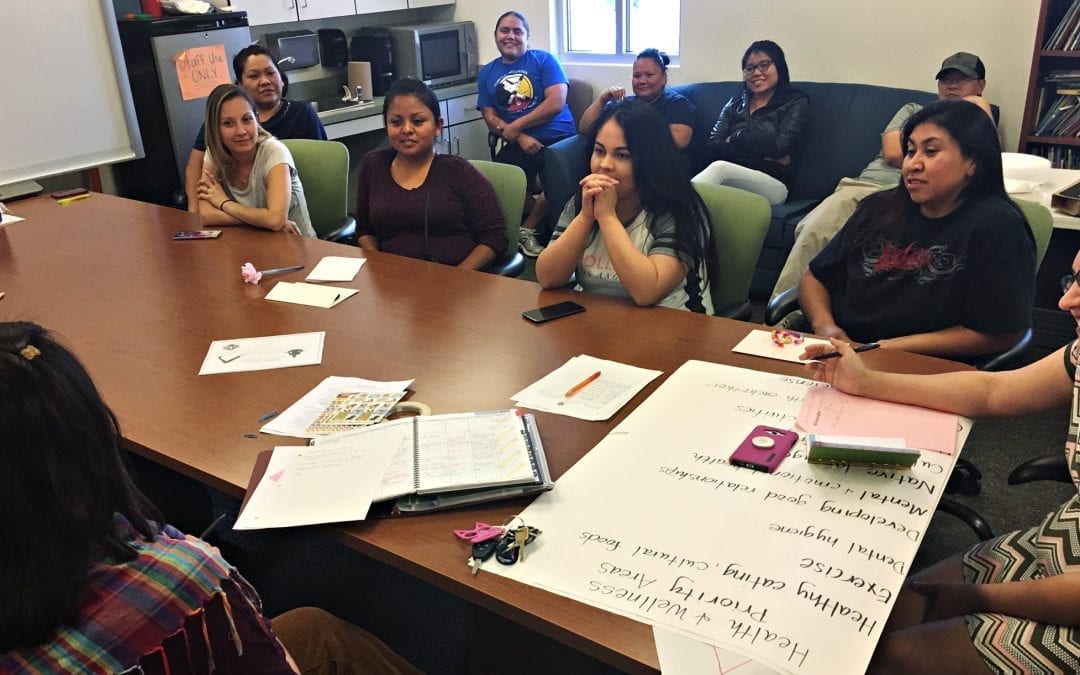
SIPI Parents Lead the Way
SIPI has worked hard to make sure its Restorative Teachings Initiative is grounded in community needs and parent voices. Parents were empowered through the initiative to ensure that the program is culturally responsive and meets their children’s needs. They have led the way in defining priority areas for learning since the American Indian College Fund’s Restorative Teachings Initiative was awarded to SIPI in 2016.
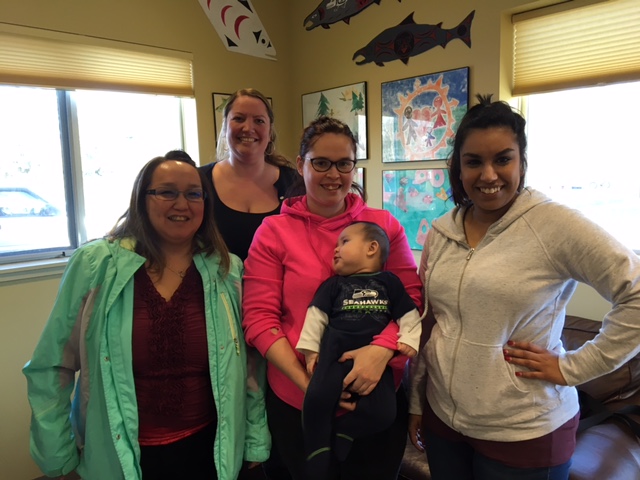
Teachers Learn Techniques to Bolster Resiliency, Foster Classroom Connections
Native youth often face disproportionate challenges in their young lives. Early childhood teachers can help these young learners increase their resiliency while they face adverse circumstances by supporting factors that protect and strengthen young children, according to Ray Soriano, a keynote speaker at the 33rd Annual FOCUS on Children Conference at Bellingham Technical College.
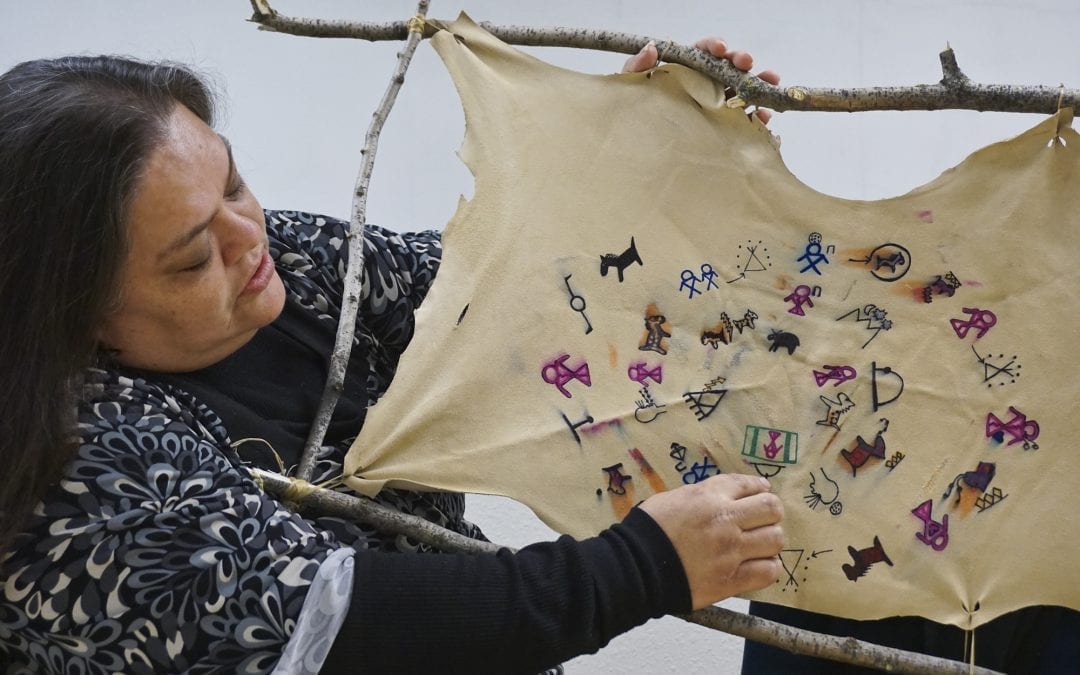
It’s More Than Just Telling a Story!
Through storytelling, the Menominee are keeping their tribal language alive. Storytelling is both an art and a necessary method for educating our young early childhood children in the Menominee community. The Menominee have used oral stories to pass down traditions to future generations, such as their local customs, how to live off the forest land, and how to survive in the natural environment in which they live




